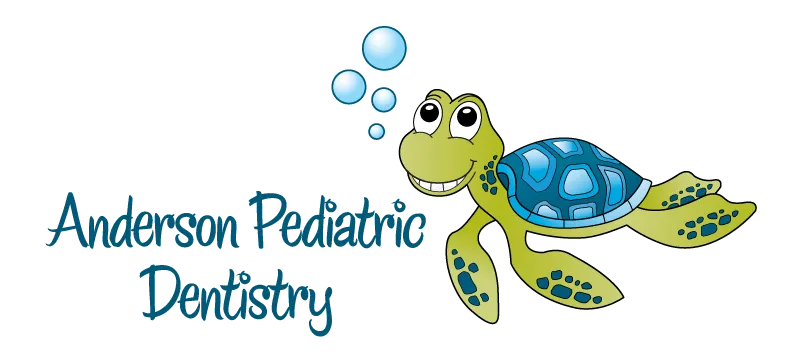What is an orthodontist?
Orthodontists are dental specialists who diagnose and treat problems with the position, alignment, and spacing of the teeth, and related irregularities in the face and jaw. They provide and maintain oral appliances like braces.
When would I need an orthodontist?
Orthodontists treat bite problems and teeth misalignment. Treatment will not only improve functioning of the mouth, but also leave you with a great smile.
How do I know if I need orthodontic treatment?
There are two main reasons to seek orthodontic treatment: bite problems and teeth misalignment. Teeth that are protruding, erupting out of position, or overcrowded are common indications that treatment is needed. Less obvious signs include mouth breathing, frequent biting of the cheek or palate, speech difficulties, and thumb sucking that goes past the age of three to four years of age. Other signs of orthodontic problems include jaw clicking, and your teeth not meeting when you close your mouth.
When should I start treatment?
It’s never too late to start orthodontic treatment, but starting early can make treatment faster and easier. The American Association of Orthodontists recommends that a child who may need orthodontic treatment should come in for a first visit around age seven.
Do braces hurt?
Some people experience minor aches and pain in the first few days after they get braces. Braces are periodically adjusted, which can cause soreness and typically lasts a few days. Over-the-counter pain relievers can help, but are usually unnecessary.
How long does treatment take?
Treatment differs for each person, but most commonly lasts between six months to two years. After the braces come off, a retainer must be worn for an additional several months.
How often do I need to come in for an appointment?
Appointment frequency varies from person to person, but typically ranges from every four to ten weeks.
Will I need to have any teeth extracted?
In cases of severe crowding (where the mouth isn’t big enough to hold all the teeth) or in the case of an impacted tooth (where a tooth is trapped beneath the gum line by other teeth), an extraction may be necessary. In the case of younger patients, early treatment may make extraction unnecessary.
Will I have to watch what I eat?
Yes. You might need to avoid some foods because they can damage braces; you will be given a list when you start treatment. For example, sticky foods like caramel and taffy should be avoided, as they might cling to the metal and wires in your mouth.
Will I be able to play sports/play my instrument?
Yes, but there are some things to consider. Because you might experience pain right after getting braces or getting your braces adjusted, it might take a couple days before you can play your instrument. As always, we recommend wearing a mouthguard while playing most sports.
Do I still need to see my regular dentist while I’m getting orthodontic treatment?
Definitely. With braces, it’s more important than ever to take care of your oral health, as it’s easier for food to collect between teeth and plaque to develop.
Will I need to wear a retainer after my braces come off?
Wearing your retainer is an important part of orthodontic care and helps to make your new smile permanent. If this step is skipped, teeth can shift out of place.
Is orthodontic treatment expensive?
Orthodontic care is a long-term investment in your health and well-being. There are financing options that can make orthodontic care affordable.
